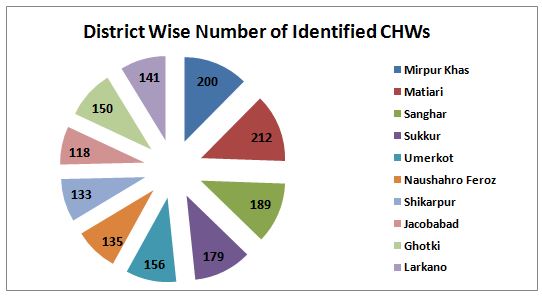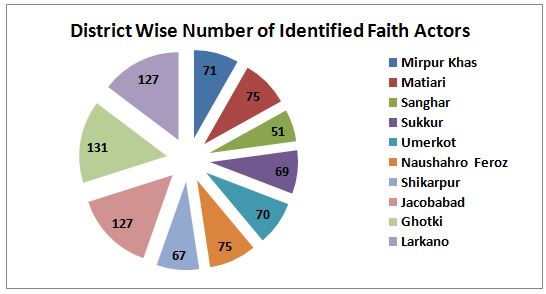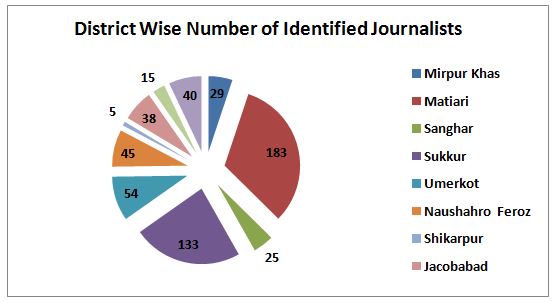

In Pakistan, the poor and vulnerable bear the burden of disease and benefit the least from public health care services, which are either unavailable in their areas or difficult to access. Problems in accessing healthcare services, coupled with a lack of knowledge and restrictive cultural practices means that maternal and child health is a little considered issue in rural Pakistan, where giving birth is thought of as a normal part of life which does not require special medical attention. This problem is particularly prevalent in the Sindh province of Pakistan, which after Balochistan, has the poorest health outcomes for mothers and children. Studies across the world reveal that the vulnerable populations absorb health information well if it is relevant, localized, and integrated well with current cultural and social situations. Research also reveals that health communication is neither delivered nor received in a vacuum. Thus, RSPN has partnered with Johns Hopkins Bloomberg School of Public Health Center for Communication Programs (JHCCP) to implement the Health Communication Component.
The Health Communication Component is one of the five components of the United States Agency for International Development (USAID)’s Maternal and Child Health Program. It is a six year program for reducing the Infant Mortality Rate (IMR) and Maternal Mortality Rate (MMR) in ten focus districts (Mirpur Khas, Umerkot, Matiari, Sanghar, Sukkur, Shikarpur, Jacobabad, Ghotki, Larkano, and Naushehro Feroz) of Sindh. JHCCP is leading the HCC and consortium organizations including the Rural Support Programmes Network (RSPN), Mercy Corps, and Centre for Communications Program Pakistan (CCPP). The HCC component envisions a Pakistan where individuals, families, and communities advocate for their health, practice positive health behaviors including timely use of Reproductive, Neonatal, Maternal, and Child Health (RMNCH) services, and engage with a responsive health care system. This component aims to promote mother and child health through knowledge increase, community participation, and network building. RSPN is working with three of its partner RSPs namely, National Rural Support Programme (NRSP), Thardeep Rural Development Programme (TRDP), and Sindh Rural Support Organization (SRSO).
The proven model of trained, local community resource persons is called Community Health Workers (CHWs) to generate awareness for family planning and reproductive health and to encourage communities to adopt health-seeking behavior, particularly in the context of maternal and child healthcare. The CHWs will conduct social mobilization, offer health education and counseling in small groups, and conduct household visits to Married Women of Reproductive Age (MWRAs) of 15-49 years of age. The CHWs will operate at the village level to conduct social mobilization, offer health education and counseling in small groups, and conduct household visits to married women of reproductive age. The major activities of the project include the following activities: • Demand creation and referral for Maternal Neonatal Child Health/Family Planning services in non-LHWs covered population through the CHWs. CHWs will be identified based on the set criteria, the same as of the Lady Health Worker Program’s Lady Health Worker selection, and after an introductory dialogue with the community.


